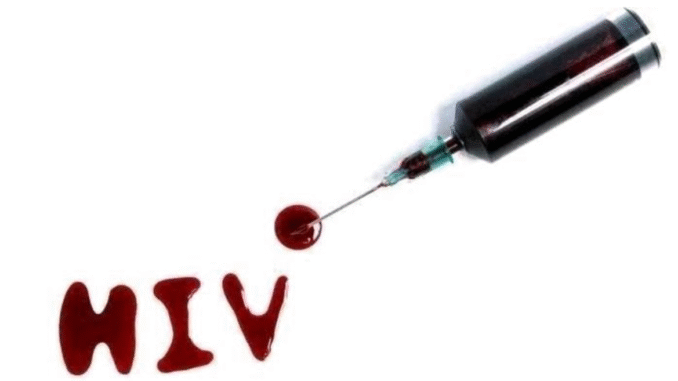
Why Early Testing Matters
HIV can be asymptomatic for a long time, but early diagnosis allows for timely treatment with antiretroviral therapy (ART), which can suppress the virus, maintain immune function, and prevent transmission. Recognizing potential symptoms and getting tested promptly can be life-saving. If you’re at risk—due to unprotected sex, sharing needles, or other exposures—paying attention to yourlamentations and acting quickly is crucial…CONTINUE FULL READING>>>
Here are three signs that may indicate you should get tested for HIV/AIDS.
1. Persistent Flu-Like Symptoms
One of the earliest signs of HIV infection is a flu-like illness, known as acute retroviral syndrome, which can appear 2–4 weeks after exposure to the virus. This may include symptoms like fever, fatigue, sore throat, swollen lymph nodes, muscle aches, or a rash. These symptoms can last for a few weeks and may feel like a typical flu, but their persistence or combination with other risk factors warrants attention.
Why It Matters: These symptoms occur during the acute phase of HIV infection as the virus rapidly replicates and attacks the immune system. While flu-like symptoms are common with many illnesses, their prolonged presence, especially after a potential exposure (e.g., unprotected sex or needle-sharing), is a red flag.
What to Do: If you experience these symptoms for more than a week, especially if you have risk factors, visit a healthcare provider for an HIV test. Early testing can confirm the diagnosis and allow for immediate treatment.
2. Unexplained Weight Loss and Fatigue
Why It Matters: Weight loss and fatigue can indicate that HIV is compromising your immune system, making you more susceptible to opportunistic infections. These symptoms are particularly concerning if they occur without a clear cause, like diet changes or increased physical activity.
What to Do: Monitor your weight and energy levels. If you notice significant, unexplained weight loss (e.g., 5–10% of body weight) or persistent tiredness, consult a doctor and request an HIV test, especially if you have a history of potential exposure.
3. Frequent Infections or Skin Issues
As HIV weakens the immune system, you may experience frequent infections, such as thrush (oral yeast infection), pneumonia, or recurrent skin issues like rashes, sores, or shingles. These occur because HIV reduces the body’s ability to fight off common pathogens, leading to infections that are more severe or frequent than usual.
Why It Matters: These symptoms often appear in the later stages of HIV infection, when the immune system is significantly compromised. They can also be early indicators of AIDS if the virus has progressed untreated. For example, a 2020 study in The Lancet noted that recurrent infections are a hallmark of advanced HIV due to declining CD4 cell counts.
What to Do: If you notice frequent or unusual infections, particularly in combination with other symptoms, get tested immediately. Early ART can prevent further immune damage and reduce the risk of opportunistic infections.
Risk Factors to Consider
While these symptoms can be caused by other conditions, they’re more concerning if you have risk factors for HIV, including:
- Unprotected sex with a partner of unknown HIV status
- Sharing needles or drug equipment
- Receiving a blood transfusion in a region with limited screening (rare in modern healthcare systems)
- Being born to an HIV-positive mother (if untreated)
If any of these apply, even mild symptoms should prompt testing.
The Importance of Getting Tested
HIV symptoms can mimic other illnesses, so testing is the only way to confirm the diagnosis. Modern HIV tests, such as rapid antigen/antibody tests, are highly accurate and can provide results in as little as 20 minutes. Testing is confidential, widely available at clinics, pharmacies, or through at-home kits, and often free or low-cost in many regions.
Where to Get Tested:
- Local health clinics or community health centers
- Sexual health clinics or Planned Parenthood
- At-home HIV test kits (e.g., OraQuick, available in many countries)
- Primary care providers or hospitals
If you test positive, a healthcare provider will guide you toward ART and support services. If negative, you can discuss prevention strategies, like PrEP (pre-exposure prophylaxis), to reduce future risk.
Common Myths About HIV Symptoms
- Myth: HIV always causes obvious symptoms. Fact: Many people with HIV are asymptomatic for years, making testing critical even without symptoms.
- Myth: Only high-risk groups need testing. Fact: Anyone who’s sexually active or exposed to bodily fluids can be at risk, regardless of lifestyle.
- Myth: HIV symptoms are unique. Fact: Symptoms often resemble common illnesses, so testing is essential for clarity….CONTINUE FULL READING>>
